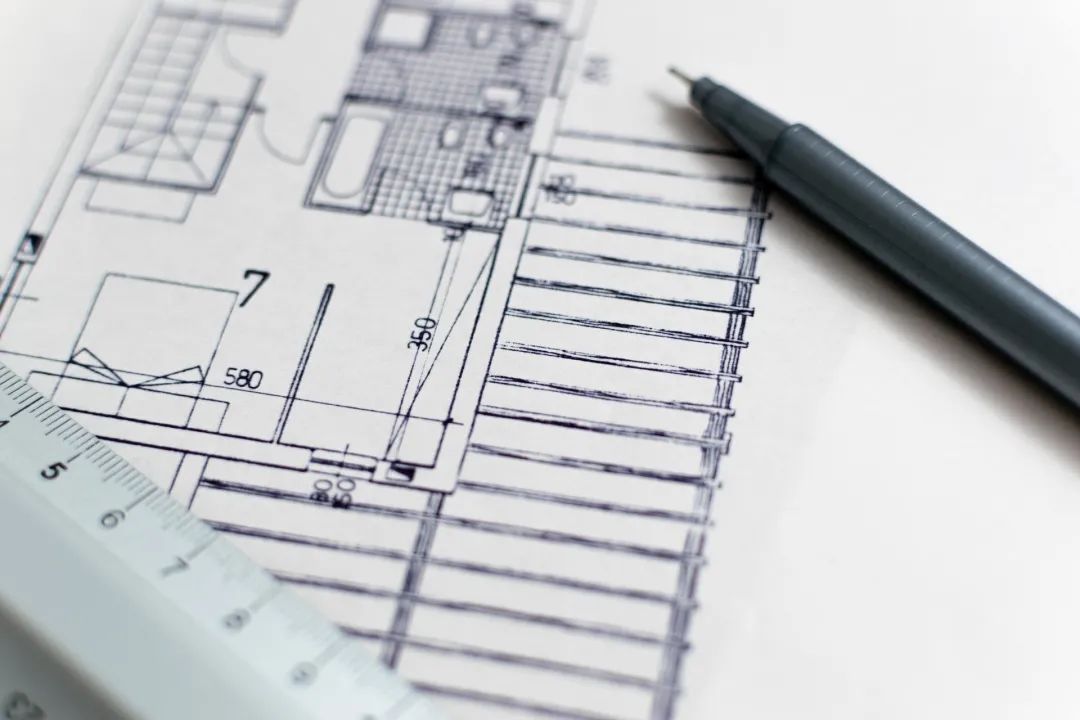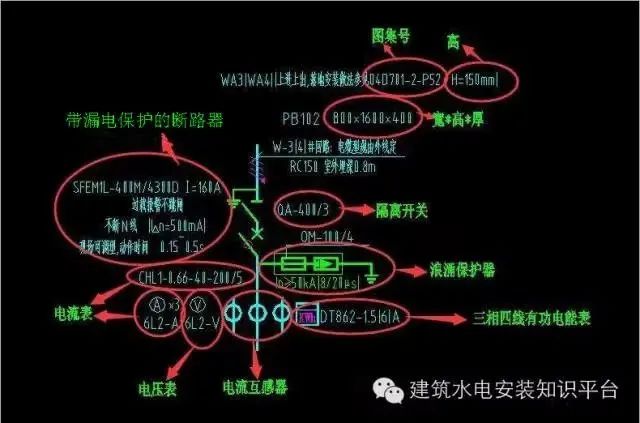I often hear many construction enterprises complain that Party A is unreasonable, especially the real estate development enterprises often ask the construction enterprises to issue invoices in advance, and the invoices with tax rate and no tax, which leads to the construction enterprises’ tax liability in advance
.
It should be said that Party A and Party B are equal civil subjects
.
As administrative departments, the Ministry of Finance and the State Administration of taxation can not and should not intervene in civil legal relations
.
However, if it is said that some disputes between Party A and Party B are caused by unreasonable fiscal and tax policies, then policy makers should ponder and take corresponding measures
.
At present, two urgent problems are the advance payment and the invoice issue of quality guarantee deposit
.
1
.
For many real estate development enterprises, the first reaction after paying the advance payment is to ask the construction enterprise to issue the VAT invoice with tax rate, but refuse to accept the 612 code non tax invoice issued by the construction enterprise
.
In fact, in the stage of prepayment, there is no substantial difference between the special invoice issued by the construction enterprise and the non tax invoice
.
In the aspect of value-added tax, when the real estate development enterprise sells the self-developed real estate project, its tax liability occurs at the time of delivery
.
When prepayment, the special invoice is obtained, and there is no output for input tax deduction, so it can only be set off; in the aspect of enterprise income tax, it has no tax liability According to the principle of accrual basis, the advance payment paid by the real estate development enterprise can not be included in the cost, but should be included in the advance payment
.
Moreover, before the real estate development enterprise delivers the house, the calculation of enterprise income tax is estimated gross profit method, and what kind of invoice will not affect the amount of enterprise income tax
.
According to the author’s understanding, many real estate enterprises do not want 612 non tax invoice, an important reason is that 612 invoice has no reputation! It’s embarrassing that for the current 16 non tax invoices with the beginning of 6, except for 601-603 (Announcement No
.
53 in 2016), 611 (Announcement No
.
47 in 2017) and a few other codes with policy basis, the rest of the codes are not justified
.
This code does exist in the invoice management system, but there is no official document to make it clear
.
Some Party A directly said, which policy do you issue this kind of invoice based on? Therefore, the author strongly appeals that the State Administration of taxation should formally make clear in a document what kind of non tax code should be applied in what situation, issue an invoice, and solve tens of millions of disputes with one paper of document
.
2
.
With regard to the quality assurance deposit, the Announcement No
.
69 of 2016 clearly states that for the quality assurance deposit and security deposit that the taxpayer provides construction services and is detained by the project employer from the project payment due, if no invoice is issued, the day when the taxpayer actually receives the quality assurance deposit and security deposit shall be the time when the tax liability occurs
.
This is a good policy, and its starting point is the same as Cai Shui [2017] No
.
58 document, which is to delay the occurrence of tax liability of construction enterprises as far as possible
.
However, in reality, the vast majority of real estate development enterprises require construction enterprises to issue a full invoice of the quality assurance fund at the time of completion settlement, otherwise they will not pay
.
So, why do real estate enterprises do this? In addition to the reasons for value-added tax and enterprise income tax, there is also an important factor
.
Article 2 of the notice of the State Administration of Taxation on the liquidation of land value-added tax (GSH [2010] No
.
220) states that after the completion and acceptance of the project, the real estate development enterprise shall, according to the contract, detain a certain proportion of the project funds of the construction and installation enterprise as the quality assurance of the development project When calculating the land value-added tax, if the construction and installation enterprise issues an invoice for the quality deposit to the real estate development enterprise, it shall be deducted according to the amount of the invoice; if no invoice is issued, the detained quality deposit shall not be deducted
.
With such a provision, we can fully understand the practice of real estate development enterprises
.
If the unpaid quality guarantee money is not obtained from the invoice, the land tax will not be deducted, which is likely to cause the tax rate to jump
.
It can be seen that it is not the real estate development enterprise that forces the construction enterprise to issue the quality guarantee invoice in advance, but the developer of the above documents! On the one hand, it is necessary to ensure that the tax burden of the construction industry is only reduced but not increased, on the other hand, it is also necessary to ensure the liquidation interests of the real estate development enterprises
.
How to solve this problem, I will put forward another policy suggestion
.
The General Administration will issue a document to add a new non tax code starting with 6, such as 617, which is called “quality assurance fund of construction enterprises”, and make it clear that the real estate development enterprises can deduct the tax before the land increase tax
.
Do you agree that everyone is so happy? Agree, please forward..
.



